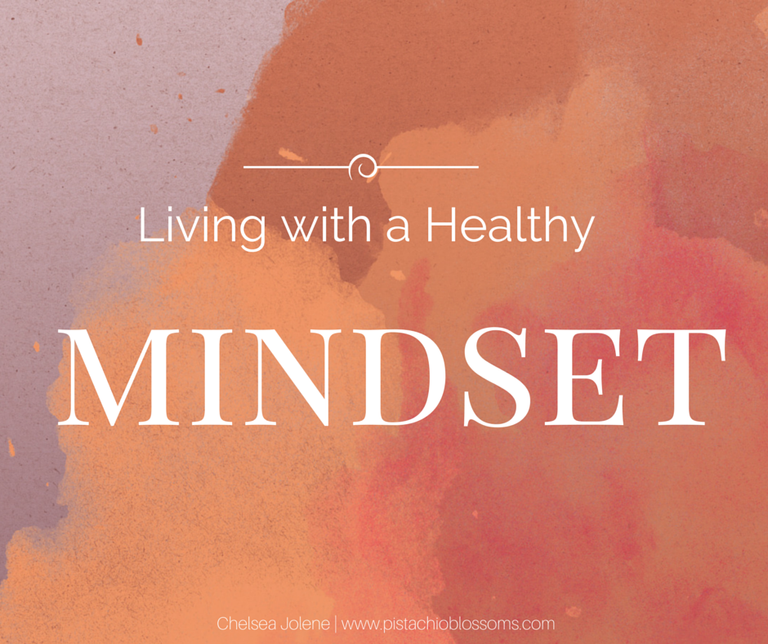Happiness and health are more closely related than you might think! A healthy lifestyle can boost your mood and increase life satisfaction while a positive mindset can lengthen your lifespan and help you avoid unhealthy habits. Start by reframing your mindset into an optimistic and active perspective.

Focus on the positive:
Positive thinking is a big step towards creating a happier mindset. Instead of focusing on the negative, change your thoughts towards optimistic thinking.
- Try to avoid self-criticism. Whenever you start thinking negatively of yourself, reframe it as a positive comment. For example, if you’re thinking, "I can't believe I'm so dumb," say instead, "I'm am smart! If I put my mind to it, I can learn anything!"
- If you make a mistake, think of it as a learning opportunity. For example, instead of thinking, “I’m so upset that I didn’t get that job,” you might think “Maybe I can ask them for feedback so I can do even better on the next application!”
Don’t compare yourself to others:
It’s easy to make a side-by-side comparison between yourself and your peers due to social media. Know that public lives may not reflect their personal lives. Be grateful for what’s good in your life as opposed to what’s good in others.
- You can use comparison as a motivation for self-improvement.
Manage stress in your life:
Stress can affect your mood and your physical health. It can cause anxiety, anger, and irritability as well as headaches, muscle pain, exhaustion, and sleeping problems. To keep stress at bay, consider what activities you can cut back on in your life.
- Stress can build up slowly over time. Pay attention to how your body reacts to help determine when you are stressed out.
- Learn to say “no” to responsibilities and commitments you can’t handle. Establish firm boundaries with your coworkers and friends about taking on too many extra tasks.
- If you’re unable to cut back on responsibilities and commitments, change the way you respond to stress. If you're overwhelmed, pause for 5 minutes. Do some deep breathing or stand and take a walk around the room.
- People handle stress differently. Don’t let other people tell you that you shouldn’t be stressed if you feel it.
Find time to relax:
Set aside at least an hour every day for self-care and relaxation. Make a routine for yourself, so that relaxation becomes a daily ritual. Don't schedule anything else during this time.
- Meditation, deep relaxation, yoga and other mindful practices are a great way to loosen tension and let go of stress.
- Find a practice or activity that soothes you, such as taking a bubble bath or reading a book. These are great ways to pamper yourself while providing a way for you to decompress.
Establish lasting bonds with family and friends:
One the biggest predictors of both a long, healthy life and happiness is a strong social network. Long-term relationships can provide support during tough times, increase life and work satisfaction, and reduce your risk of future illnesses.
- Check in with friends you haven’t seen in a while. Send them letters, emails, or presents in the mail. Make sure to remember important dates, like birthdays or anniversaries.
- Form bonds in your community by befriending your neighbors and other local residents. You might volunteer at a local school, house of worship, charity, or political action group to form new connections.
- You don’t need to have a ton of friends to reap the benefits. In fact, a few, strong friendships can be more powerful than having several shallow acquaintances.